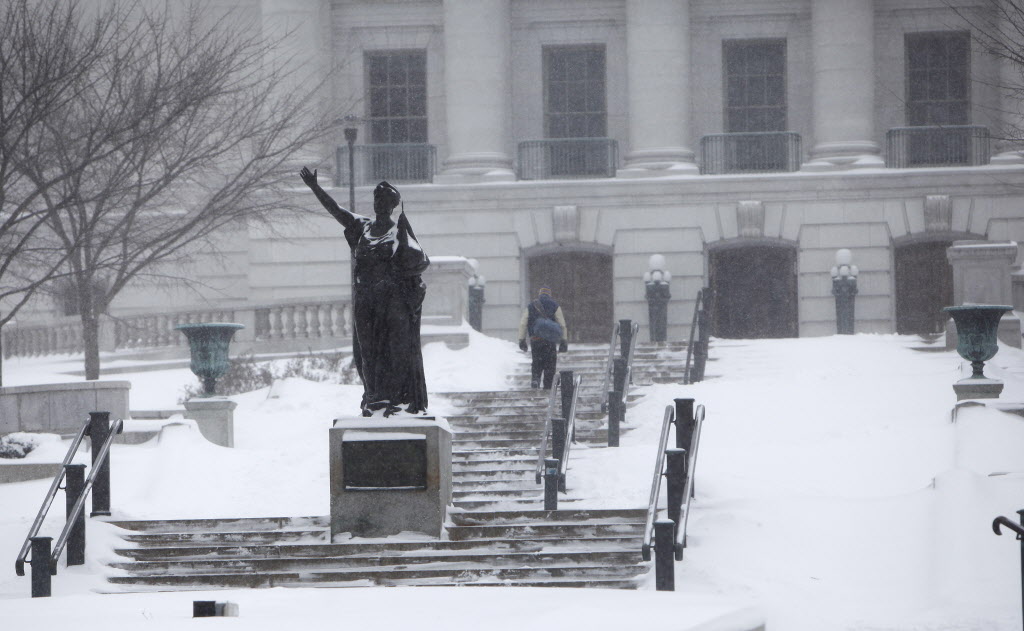Home » Battleground Wisconsin » BG WI Newsletter » GOP lawmakers circulating 5 election-related bills

GOP lawmakers are circulating five election-related bills, including one that would allow the Joint Finance Committee to punish four state agencies if they failed to comply with certain elections laws. The bills that began circulating yesterday also include one from Senate Majority Leader Devin LeMahieu, R-Oostburg, and Assembly Speaker Robin Vos, R-Rochester. The GOP leaders say it would allow th...